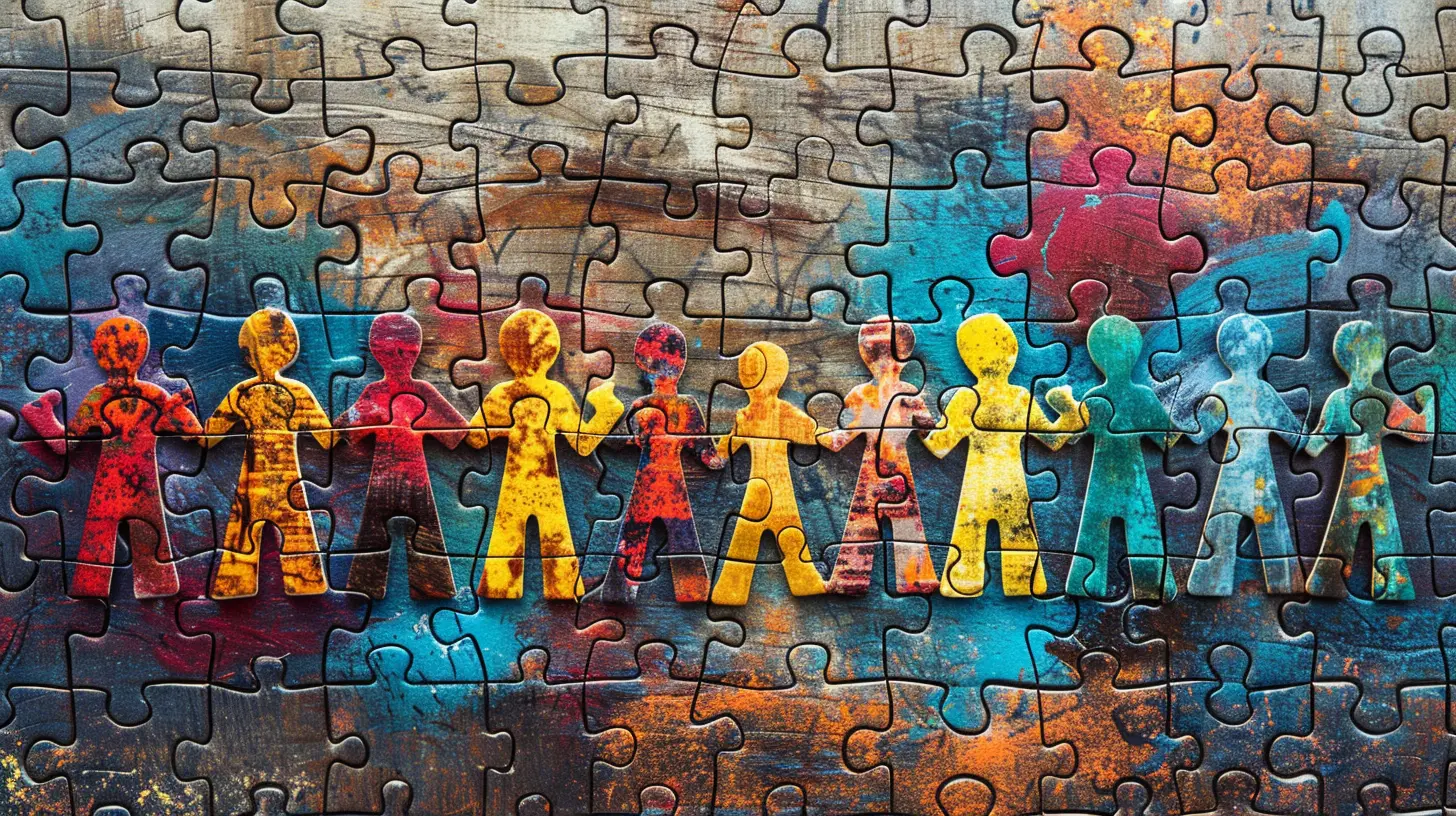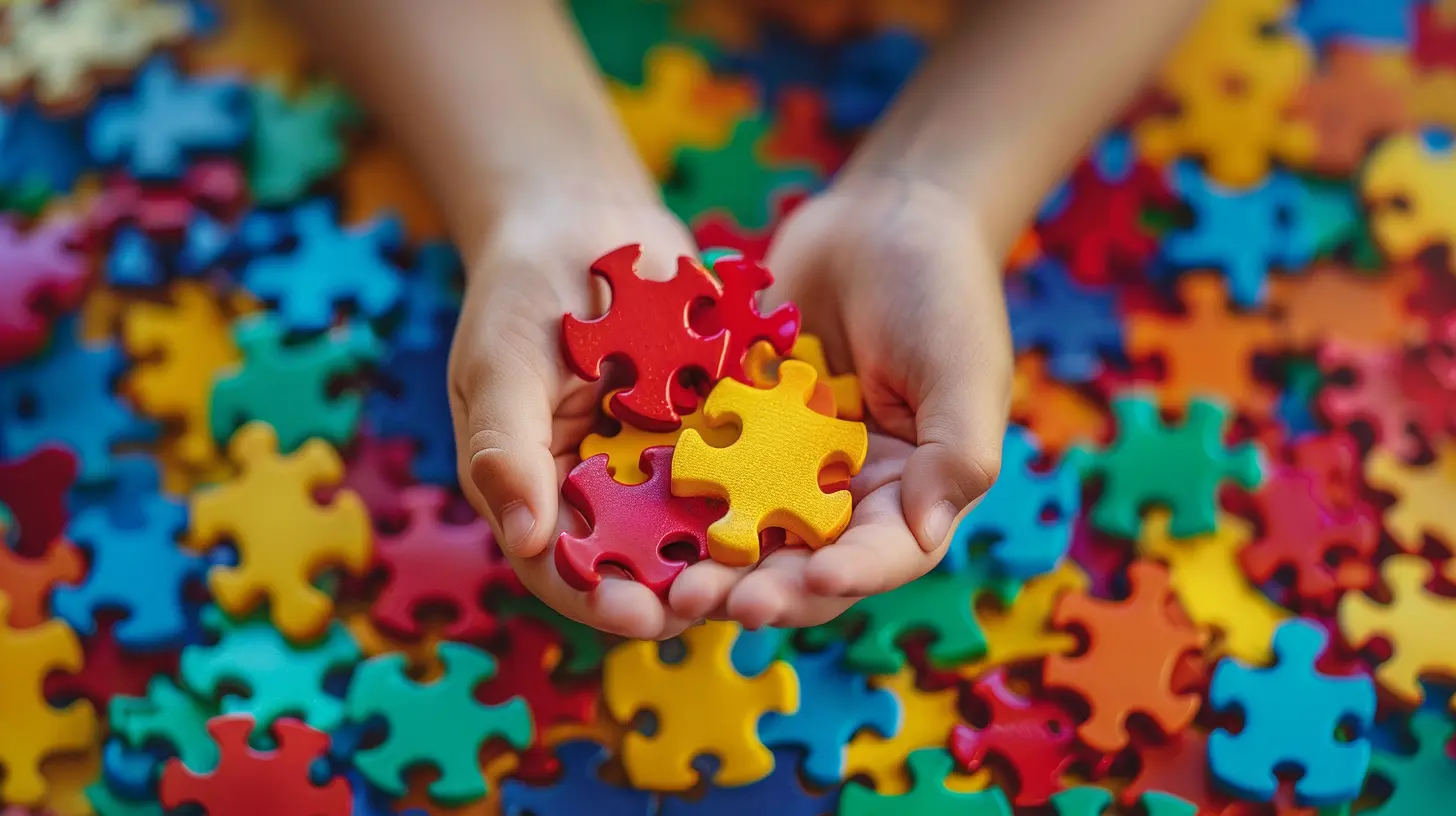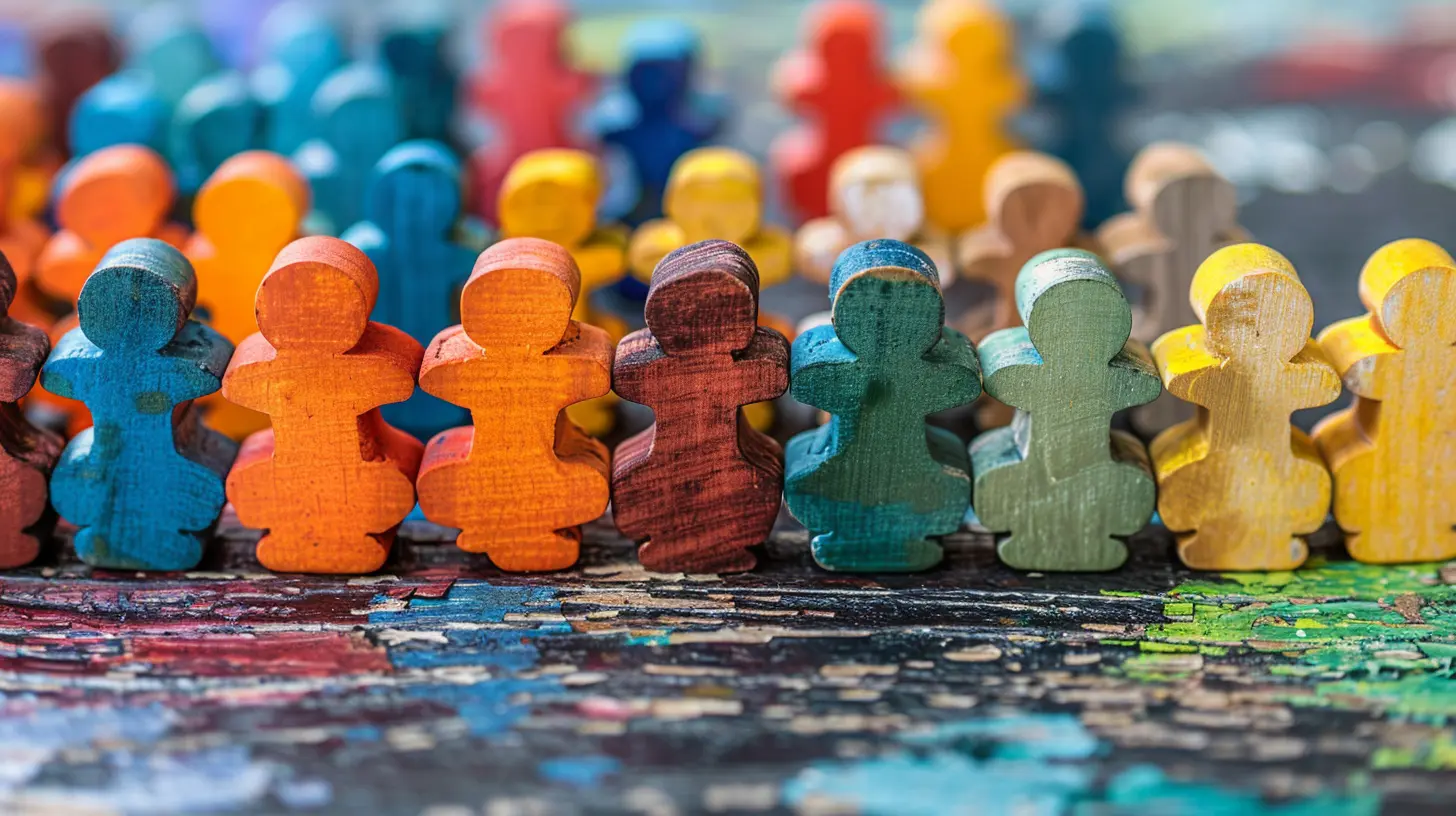25 February 2025
Autism is a spectrum condition that affects how individuals perceive the world and interact with others. While autism presents itself differently in each person, one thing holds true across the board: the need for community and belonging. For many on the autism spectrum, social connections can be challenging to navigate. But just because something is difficult doesn't mean it’s any less essential.
In this article, we’re going to explore why belonging matters so much to individuals with autism, how communities can be more inclusive, and the role that support networks play in fostering a sense of belonging for people on the spectrum.

What is Autism?
Before diving into the importance of community, let’s get a basic understanding of what autism is. Autism Spectrum Disorder (ASD) is a developmental condition characterized by differences in communication, behavior, and social interactions. The term "spectrum" is key here because autism presents a wide range of symptoms and abilities. Some individuals with autism may have difficulty speaking, while others may excel in specific intellectual or artistic skills.Autism is not a "one-size-fits-all" diagnosis. Think of the autism spectrum like a rainbow—each color blends into the next, and no two shades are exactly the same. That’s why it's so important to understand and appreciate the diversity within the autism community.
The Role of Community in Human Life
To understand why community is so crucial for individuals with autism, let’s first take a step back and think about the role community plays in all our lives. We, as humans, are social creatures. Whether it’s through friendships, family relationships, workplaces, or online groups, we all have a natural inclination to belong to something bigger than ourselves.Communities provide us with a sense of safety, support, and identity. They validate our experiences, celebrate our victories, and help us through challenges. Now, imagine navigating life without that sense of belonging. It would feel isolating, wouldn’t it? For people with autism, isolation can be an unfortunate reality, especially when their social and communication challenges act as barriers to full inclusion.

Why Belonging Matters for People with Autism
1. Combatting Social Isolation
One of the primary struggles many individuals with autism face is social isolation. This can stem from a variety of factors, including difficulty understanding social cues, sensory sensitivities, or simply not feeling accepted by their peers. It’s no secret that being socially isolated can lead to feelings of loneliness, anxiety, and depression.And here’s the kicker: social isolation isn't just a psychological issue; it can have real physical effects too. Studies have shown that chronic loneliness can be just as harmful to your health as smoking or obesity. For individuals with autism, who may already have heightened stress and anxiety levels, the effects of isolation can be even more pronounced.
Belonging to a community acts as a buffer against these negative outcomes. When people with autism have a place where they feel safe, understood, and valued, it can drastically reduce the feelings of isolation and improve their overall well-being.
2. Building Confidence and Self-Esteem
Think back to a time when you felt like you truly belonged somewhere. Maybe it was a sports team, a club, or even a close-knit group of friends. When you belong, you feel valued, and when you feel valued, your confidence naturally grows. The same principle applies to individuals on the autism spectrum.Communities that foster inclusion and understanding can help build confidence. When individuals with autism are accepted for who they are, without feeling the pressure to conform to neurotypical standards, it empowers them to embrace their own unique strengths and abilities. This can be a game-changer for self-esteem.
3. Opportunities for Social Learning
Social skills don’t come naturally to everyone, and for many individuals with autism, they need to be learned through structured teaching or peer modeling. Belonging to a community provides the perfect environment for social learning. Whether it’s through casual interactions, group activities, or more formal settings like therapy groups, being part of a community helps individuals with autism practice and develop their social skills.It’s like learning to ride a bike—you can read all the manuals you want, but until you actually hop on and start pedaling, it's hard to get the hang of it. A supportive community provides the "training wheels" for individuals with autism, allowing them to experiment, make mistakes, and grow in a safe environment.
4. Creating a Sense of Identity
Our sense of identity is often closely tied to the communities we belong to. Whether it’s through cultural, religious, or interest-based groups, the people we surround ourselves with play a huge role in shaping who we are. For individuals with autism, finding a community where they feel accepted can help them form a positive sense of identity.When you’re constantly treated as “different” or “other,” it can take a toll on your self-perception. But when individuals with autism find a group that accepts and celebrates their differences, it reinforces the notion that they are valuable just the way they are. This affirmation is crucial in building a strong, positive self-identity.

The Challenges of Finding an Inclusive Community
While the benefits of belonging are clear, finding an inclusive community can be easier said than done. Many communities, even those with the best of intentions, may not be equipped to support individuals with autism.1. Lack of Awareness and Understanding
One of the biggest barriers is a lack of awareness. Many people simply don’t understand autism. They may not know how to communicate effectively with someone on the spectrum or might misinterpret certain behaviors as rude or inappropriate. This lack of understanding can lead to unintentional exclusion.2. Sensory Sensitivities
Many individuals with autism have heightened sensitivities to sensory input, such as loud noises, bright lights, or certain textures. This can make environments that are perfectly comfortable for neurotypical individuals incredibly overwhelming for someone with autism. Communities that don’t take these factors into account may inadvertently create spaces that are inaccessible to individuals on the spectrum.3. Rigid Social Norms
Communities often have unspoken social rules or norms. These can be difficult for individuals with autism to navigate, especially if they struggle with interpreting social cues. A community that demands conformity to these norms without flexibility may alienate those who find it challenging to fit in.







Finnian McQuillan
This article raises intriguing questions about the role of community in supporting individuals with autism. How can we better foster connections and create inclusive environments that enhance their sense of belonging? I’m curious to hear more about practical strategies that have successfully encouraged community engagement for those on the spectrum.
April 2, 2025 at 3:07 AM